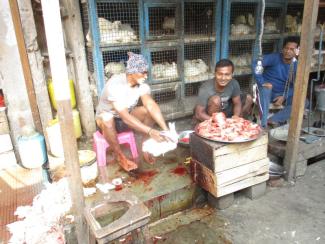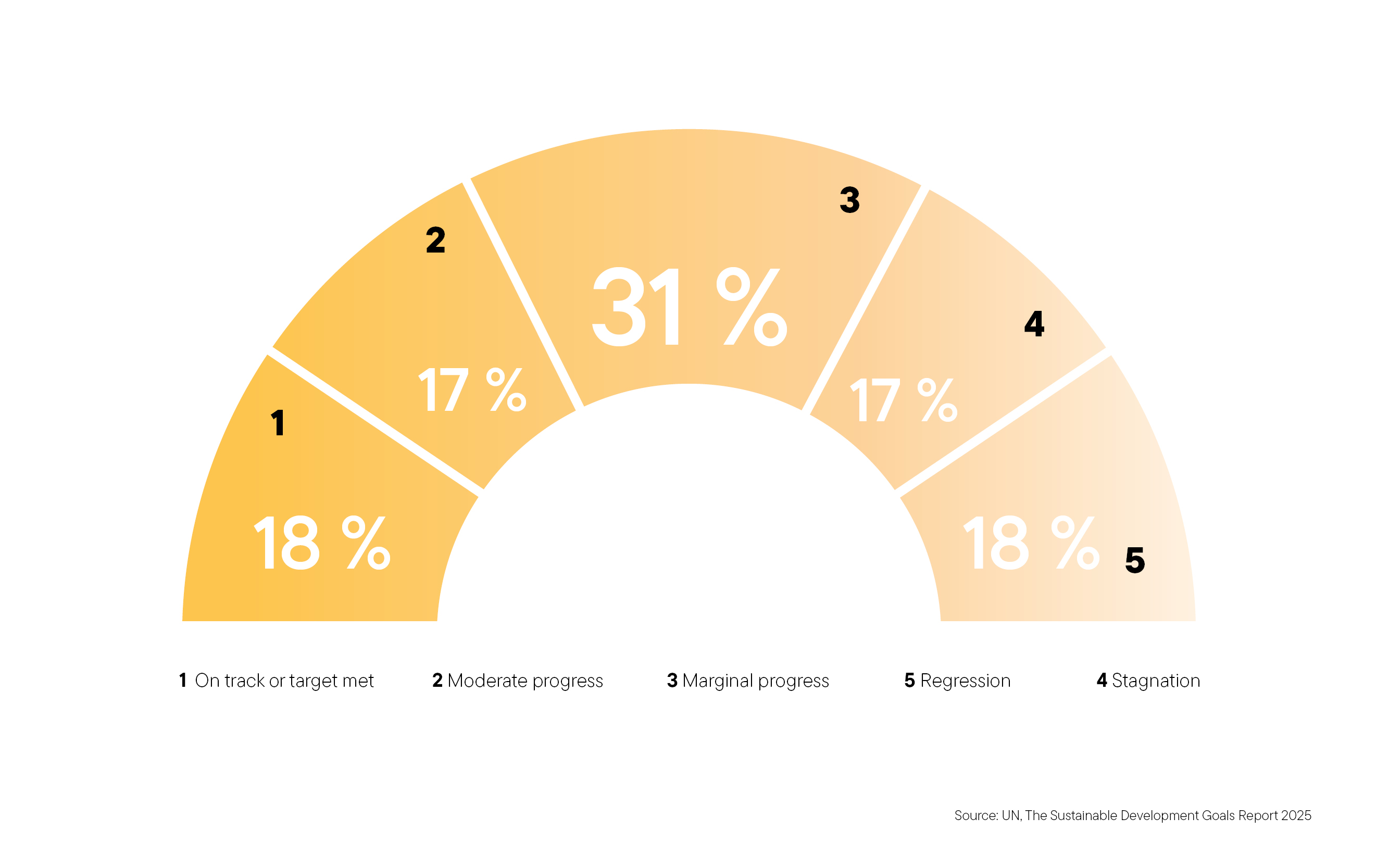Labour relations
Nightmarish conditions

Working in the informal sector typically means to earn less than the legal minimum wage, without enjoying either job security nor social protection. The working conditions tend to be appalling, and women, in particular, are being exploited. India’s informal sector even makes use of child and slave labour.
Indian agriculture is mostly informal. Farms tend to be very primitive, lacking access to up-to-date technology, infrastructure and financial services. More than half of the nation’s livelihoods depend on farming and related industries such as fisheries. Since most farmers are desperately poor, it is not surprising that people are migrating from rural to urban areas in hope of finding better opportunities. Government agencies, however, have no plans for accommodating this exodus.
Many of the internal migrants end up doing construction work. They live in tents on the construction sites. Typically, the men work as builders and their wives support them by carrying building materials to where they are needed. The work is dangerous. Many children are not sent to school.
Other rural migrants find new homes in the nightmarish circumstances of sprawling urban slums. They need some kind of livelihood and are typically forced to accept some kind of precarious employment in manufacturing, transport or retail and wholesale trading. The working environment is totally insecure, financially eviscerating, mentally ruinous and often hazardous.
Examples are easy to find. Delhi’s slums are full of women who undertake a range of tasks on piecework from major garment, toys and cosmetic companies. The sweat shops are dimly-lit and ill-ventilated. The women work bent over for 10 hours each day, but do not even earn the equivalent of € 0,40 for that effort. Of course, the same women must also care for their children and aged parents.
Some people call the informal sector the “unorganised sector”. This is a misnomer. Informal businesses are actually organised quite efficiently. Otherwise, they would not be able to provide livelihoods to the vast majority of Indians. To some extent, the rules of the informal sector are based on traditions. At the same time, might makes right. Either way, mafia-like networks play a role in enforcing order in the informal economy.








